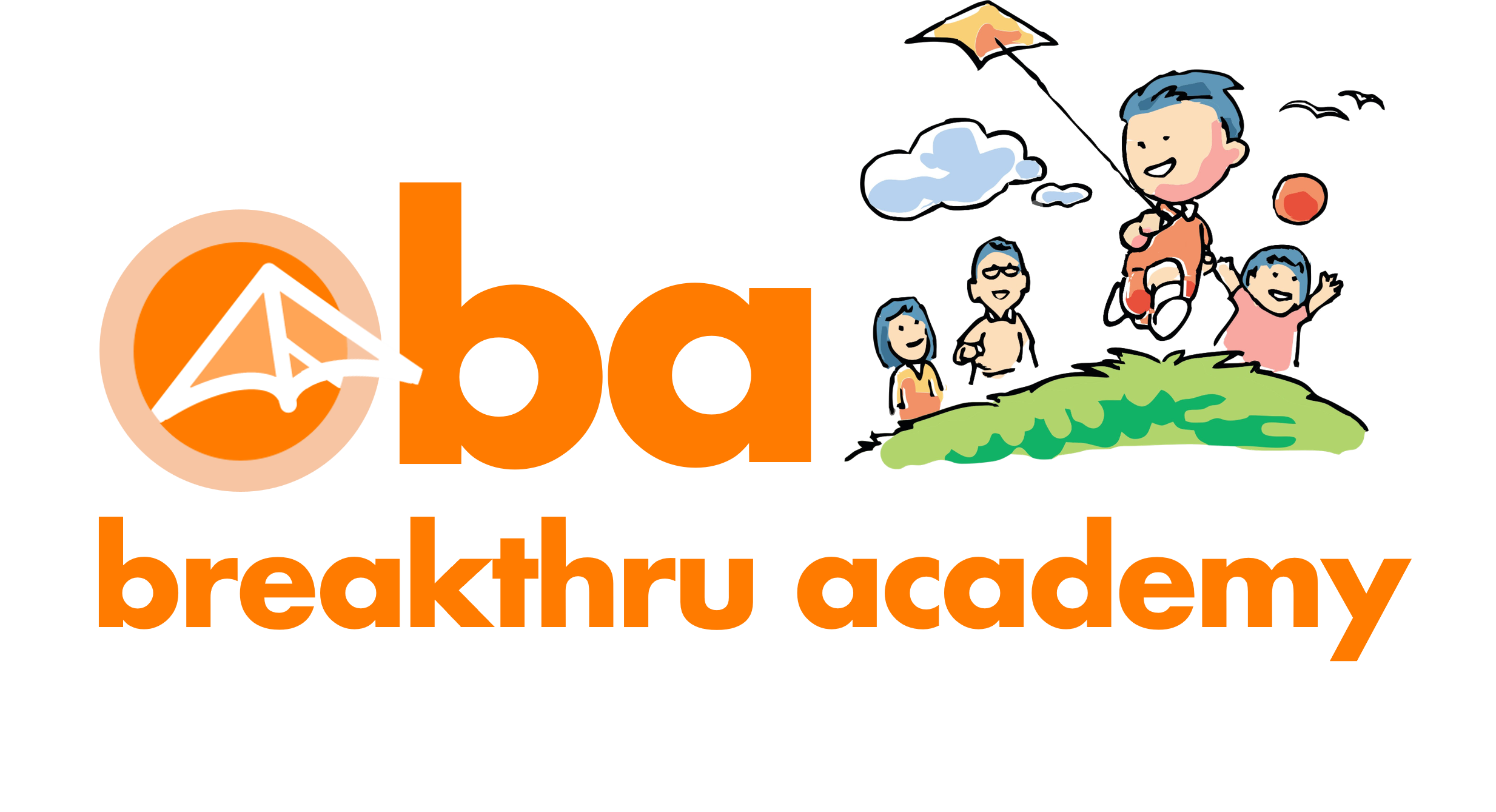- Parents 家长
Parents Coaching Program consists of 3 courses and a 1-to-1 personal session with your child in a single package.
- Classes 课班
Movement Based Learning™
Brain Gym® for Special Needs Providers
Brain Gym for Little Ones
Young Living™ Essential Oil
Brain Gym® 健脑操
- 101 Brain Gym 101
- 301 Edu-K In-Depth
- 311 Total Core Re-patterning
- 360 Creative Vision
- 401 Teachers Practicum
Brain Gym® Vision Circle
Brain Gym® Optimal Brain Organization
Brain Gym® Double Doodle Play
Rhythmic Movement Training 韵律动
- RMTi™ Level 1
- RMTi™ Level 2
- RMTi™ Level 3
- RMTi™ Intensive
- RMTi™ & Face The Fear
- Rhythm, Movement and Play
- RMTi™ Making Connections
- RMTi™ Making Connections Instructor Day
RMTi™ for School Readiness
IKC Touch For Health™
- TFH™ Level 1
- TFH™ Level 2
- TFH™ Level 3
- TFH™ Level 4
- TFH™ Proficiency Class
- Touch for Health Training Workshop
Remanlay Accupressure Integration™
- Course Guide 课程指南
Pathways to be a Trainer
- Movement Based Learning™ (MBL)
- Brain Gym® (BG)
- Rhythmic Movement Training (RMT)™
- RMT™ for School Readiness (RMTSR)
- RMT™ for Face the Fear (RMTFF)
- Touch for Health™ (TFH)
Quick Links
Beginner Starts Here
Research Studies
Learn More About
- Instructors 导师
- Student 学生
- More Services 更多线上服务
Services for Special Needs
- Contact us 联络
